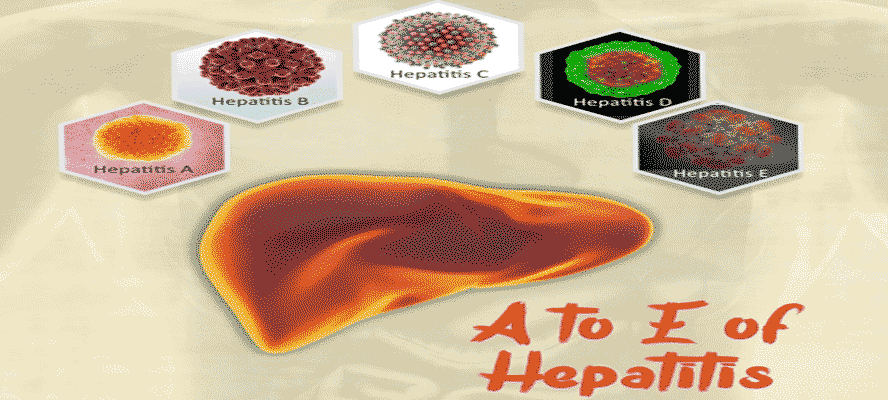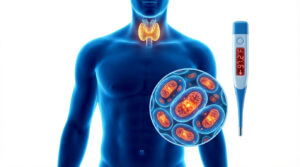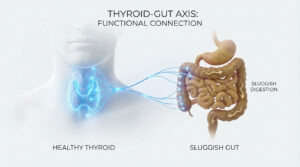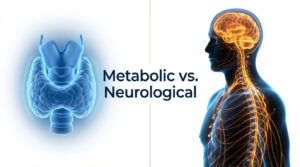Reddish brown in color, liver is the largest internal organ in our body, followed by the brain. Just like one of your favorite superheroes, liver can sustain heavy damage and even regenerate itself. One of its crucial functions is to filter the blood that comes from the digestive tract, before it goes to the rest of the body. It also detoxifies chemicals and metabolizes drugs.








